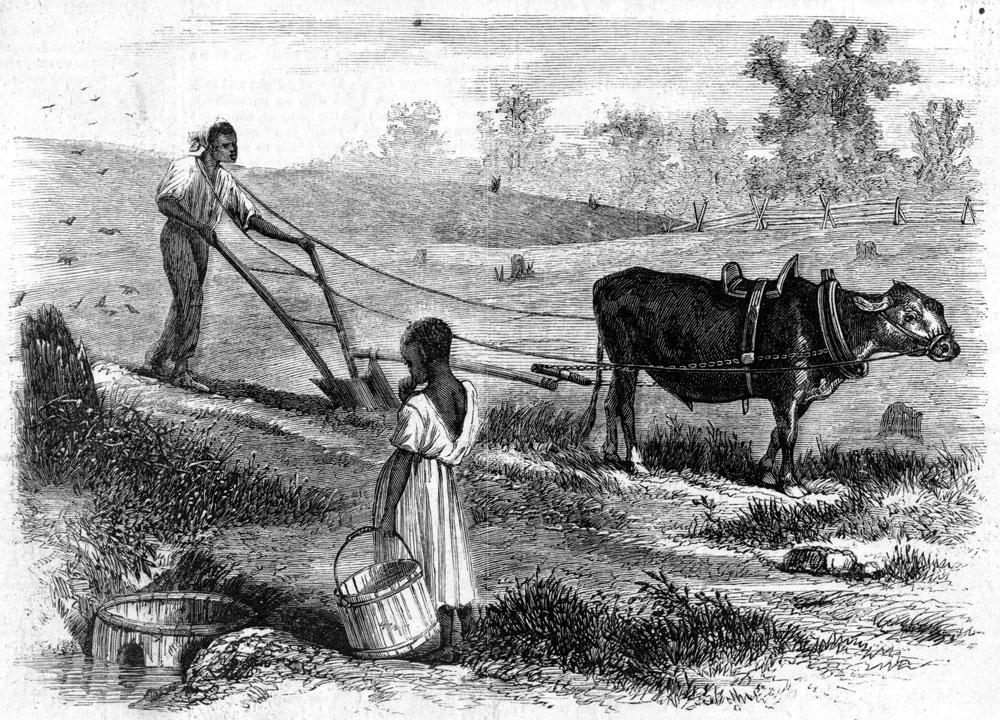“Our delegation should only advocate for the black male vote,” an 11th-grade student proposed during our “Reconstructing the South” role play. “We have to be practical,” he insisted, having taken on the character of a freedman in the South. “If we ask for too much, we’ll walk away empty handed. We’ll fight for the women’s vote next.” A few students’ heads nodded in assent before a dozen hands shot up.
“Absolutely not,” a young woman responded. “We haven’t resisted slavery for 250 years only to continue to be disenfranchised. The Civil War is over. Now is the chance to demand what we rightfully deserve. Plus, Congress needs us. We grow cotton. We have organizing power.” And so the debate continued, heatedly, for sixty uninterrupted minutes, moving from voting rights to land redistribution to issues of safety and gun ownership.
Starting the unit with the big picture debates not only made for an incredible day of student-led discussion but also kept the students engaged for the entire unit. After coming up with their own proposals for land distribution through the role play, for instance, students were eager to predict and then “find out” what actually happened, gobbling up the ZEP readings following the role play with uncharacteristic enthusiasm. Even long after the role play lesson ended, students kept returning to the deeper debates of justice and retribution, radicalism and realism, equity and equality that animated the role play.
Running ZEP’s role play at the beginning of the Reconstruction unit was an incredible experience—the absolute highlight of my teaching career to date. I only hope I can frame future units in such a way that propels students to grapple with complex, unanswerable questions that have inspired centuries of struggles for justice.







Twitter
Google plus
LinkedIn